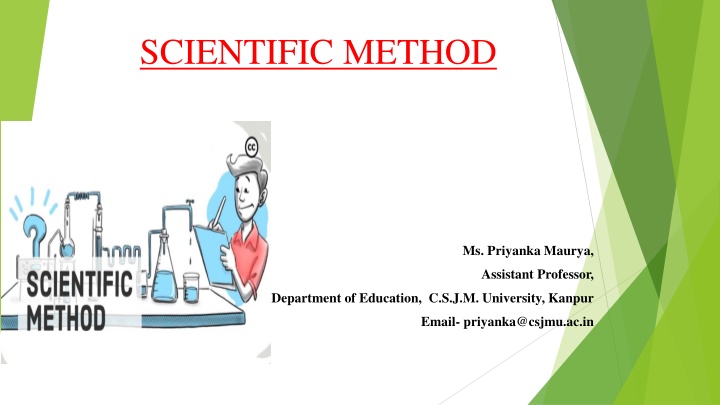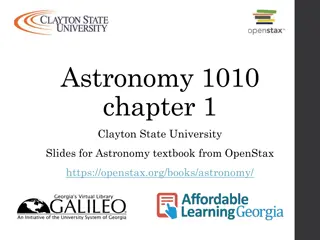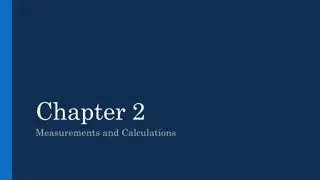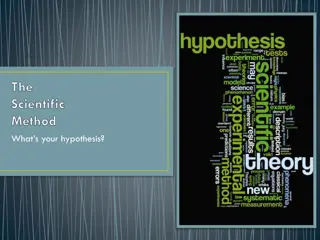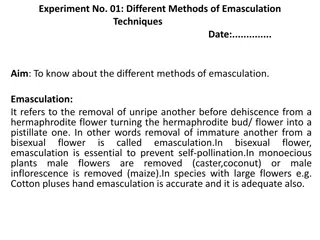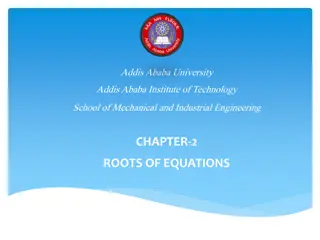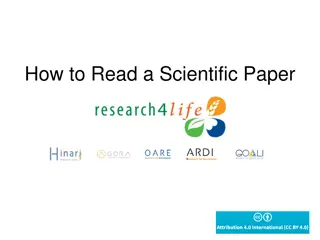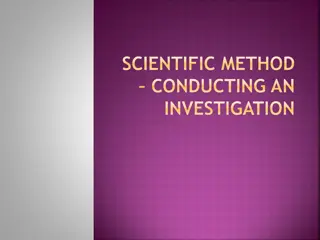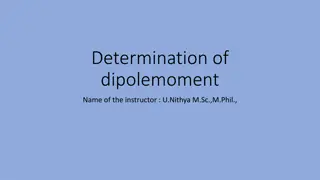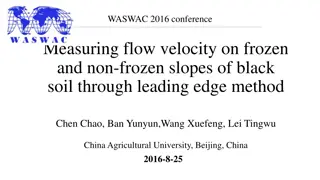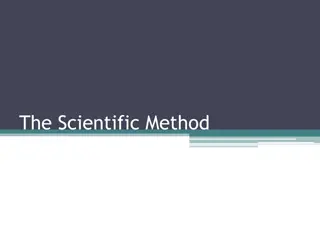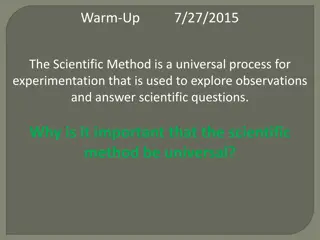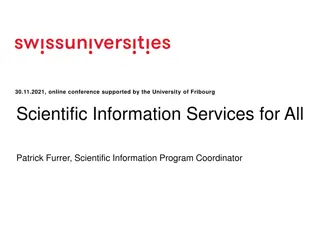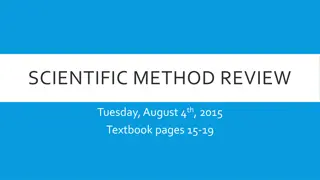SCIENTIFIC METHOD
The scientific method, as outlined by Ms. Priyanka Maurya, explores the systematic, empirical, and critical investigation process. It involves observations, hypothesis formulation, evidence collection, analysis, and drawing conclusions. Defined by Kerlinger and Landberg, the method aims to provide objective answers, develop knowledge, and engage reflective thinking. The characteristics of the scientific method include systematic and organized knowledge seeking. It exemplifies a reasoning process from induction to deduction, aiming to uncover truth through evidence-based inquiry. The steps involved encompass observation, hypothesis creation, evidence collection, analysis, and conclusion drawing based on empirical data.
Download Presentation

Please find below an Image/Link to download the presentation.
The content on the website is provided AS IS for your information and personal use only. It may not be sold, licensed, or shared on other websites without obtaining consent from the author.If you encounter any issues during the download, it is possible that the publisher has removed the file from their server.
You are allowed to download the files provided on this website for personal or commercial use, subject to the condition that they are used lawfully. All files are the property of their respective owners.
The content on the website is provided AS IS for your information and personal use only. It may not be sold, licensed, or shared on other websites without obtaining consent from the author.
E N D
Presentation Transcript
SCIENTIFIC METHOD Ms. Priyanka Maurya, Assistant Professor, Department of Education, C.S.J.M. University, Kanpur Email- priyanka@csjmu.ac.in
CONTENT INTRODUCTION DEFINITIONS CHARACTERISTICS OF SCIENTIFIC METHOD STEPS IN SCIENTIFIC METHOD
INTRODUCTION The exclusive of Bacon s inductive method resulted in the accumulation of isolated bits of information, that made very little contribution to the advancement of human knowledge. Also, Aristotle s deductive method would not be able to solve the problems as acceptance of incomplete or false major premises, based on old dogmas or unreliable authority could only lead to erroneous conclusions These limitations are superseded by deductive-inductive method, attributed to Charles Darwin. This method has recognized as Scientific Method.
DEFINITIONS method is systematic, controlled, empirical and critical Scientific investigation of hypothetical propositions about the presumed relation among nature phenomenon. - Kerlinger The scientific method consists of systematic observation, classification and interpretation of data. - Landberg
CHARACTERISTICS OF SCIENTIFIC METHOD Scientific Method is: Systematic and objective attempt to provide answers to certain questions. To discover and develop and organized body of knowledge. In practice, it involves a double moment of reasoning from induction to deduction. It consist of working inductively from observation to hypothesis and then deductively from the hypothesis to the logical implications of hypothesis in relation to what is already known. It engages a thinking process called reflective thinking.
STEPS IN SCIENTIFIC METHOD STEP 1: Make an observation (Ex- My mixer grinder is not turned on ) STEP2:State a hypothesis (prediction) (Ex- My mixer grinder is not plugged in) STEP3: Collection of evidence through observation, testing and experimentation. (Ex- Check if the the mixer is plugged in) STEP4:Analyze the evidence (Ex- My mixer grinder is plugged in) STEP 5: Draw conclusion (Ex: My mixer is plugged in. so, this is not the reason why it is not working there might be some other reasons. In such case form another hypothesis and go through all the steps.)
REFERENCES 1. Ary, Donald & et al. Introduction to Research in Education. WADSWORTH ,CENGAGE Learning. 2. Best ,J.W. & James, V. Kahn(2014). Research in Education. Delhi: PHI Learning Private Ltd. 3.Creswell, J.W.(2012). Education research :planning, conducting and evaluating quantitative and qualitative research. Pearson Education, Inc. 4. Koul, Lokesh(2009).Methodology of educational research. Vikas Publishing House Pvt Ltd. 5. Kapil, H.K. (2012). Anusandhan Vidhiyan. H.P. Bhargava Book House, Agra.
